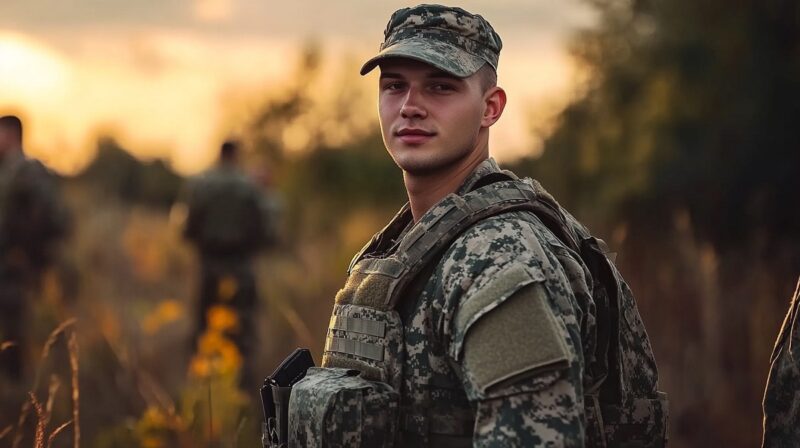Military life goes beyond what is taught in training, shaped by unwritten expectations and customs that often catch newcomers off guard.
The structured environment provides the basics, but it doesn’t prepare you for the subtle challenges of building connections, adapting to frequent changes, or navigating the social nuances of the military community.
These hidden aspects often define the experience, influencing how service members and their families cope, grow, and find their place in this demanding lifestyle.
Let us talk about these hidden aspects of military life.
Being Fully Aware of Uncertainty
- Packing up lives and starting fresh repeatedly.
- Managing long periods of separation on short notice.
- Adjusting to unpredictable schedules and constant change.
- Balancing joy and strain during departures and homecomings.
Military life is synonymous with unpredictability. Frequent relocations, sudden deployments, and disrupted routines are part of the package.
These constant changes force families to adapt to a lifestyle where plans are often interrupted and stability feels fleeting.
Leaving behind familiar communities, adjusting to new environments, and coping with the emotional highs and lows of homecomings are challenges that every military family faces. In this context, uncertainty becomes a constant companion.
Adapting to these changes demands a mindset of readiness. Success in military life hinges on expecting the unexpected and embracing change as an opportunity rather than a setback.
Instead of viewing relocations as losses, seeing them as gateways to growth and new experiences can make transitions less daunting.
However, when families fail to prepare mentally and emotionally for these shifts, it can result in emotional negligence, leading to feelings of being unanchored and overwhelmed.
To combat these challenges, military families often develop resilience through strong bonds and shared experiences. They find comfort in mutual support networks, sharing stories, and leaning on each other for strength.
The sense of community creates a buffer against the stress of an unpredictable environment, ensuring that uncertainty becomes a catalyst for personal growth rather than despair. There are many novels out there that speak about this part of the soldier’s life. It is not uncommon for soldiers to read those for that particular reason.
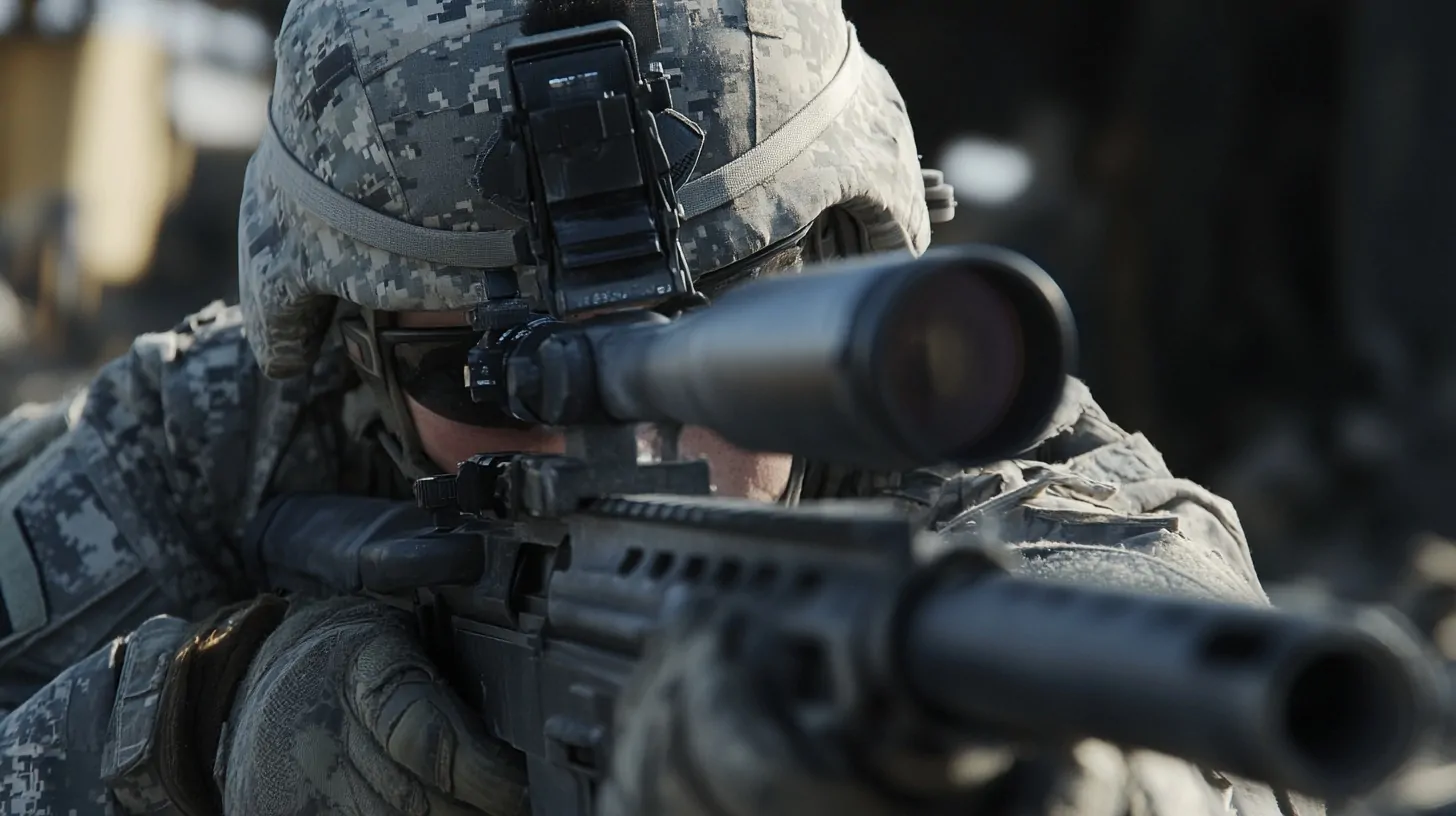
The Unspoken Rules of Community Dynamics
Military communities have a distinct social structure, where hierarchy impacts more than just the service members, it extends deeply into family life.
Spouses and family members often find themselves navigating a web of expectations, especially regarding their involvement in activities such as Family Readiness Groups (FRGs) and adherence to social norms.
Challenges Within the Community
The rank of the service member often determines the perceived social status of their family, affecting how spouses interact and form connections.
Spouses are frequently encouraged, or expected, to engage in FRG activities, volunteer work, or community events. Opting out may lead to subtle judgment or exclusion.
In tightly-knit communities, behaviors, both offline and online, are often under watchful eyes, adding a layer of scrutiny that can feel restrictive. Of course, getting accustomed with a certain community is hard if the family needs to move often, even though the army makes this process smooth.
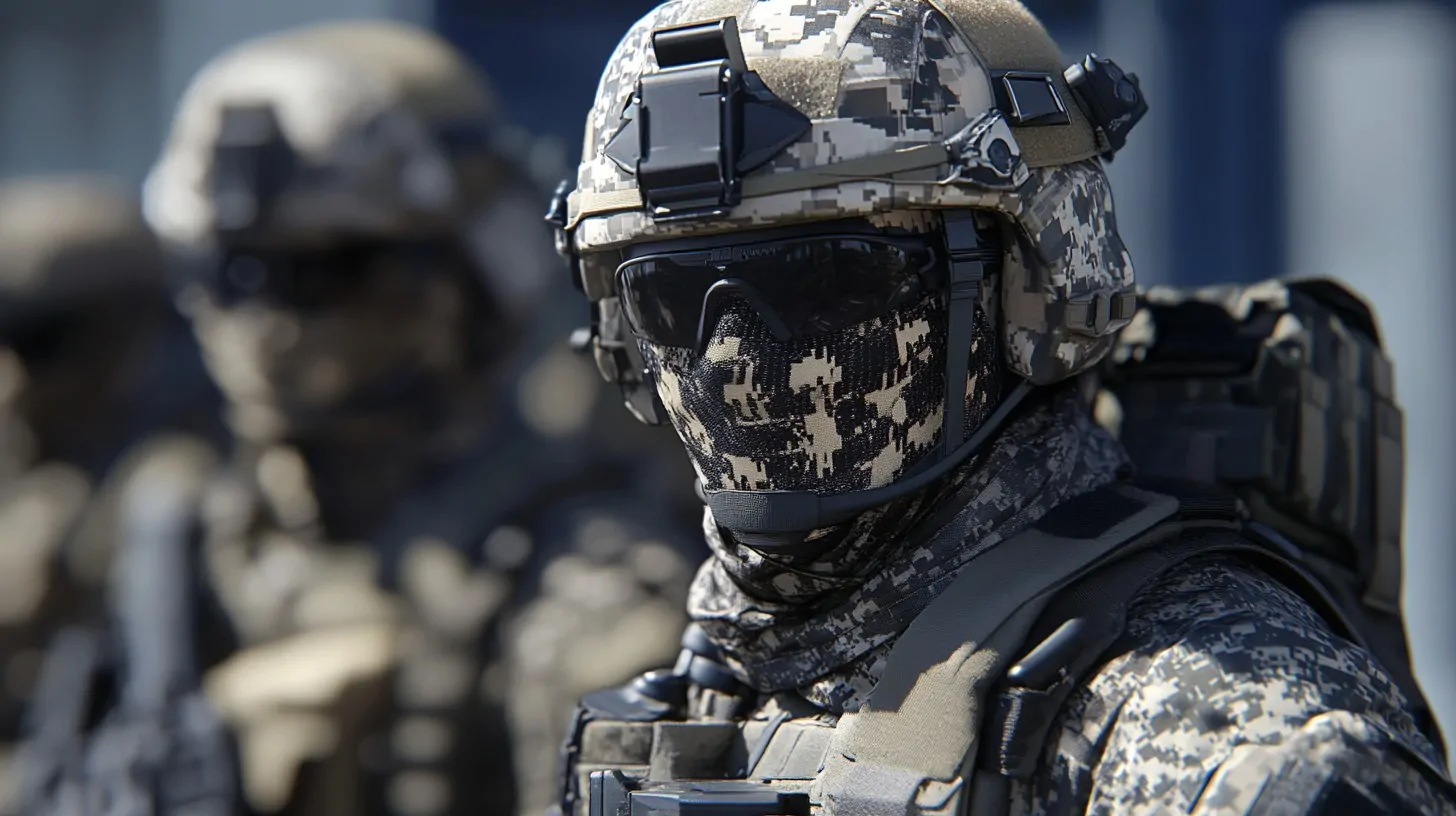
The Consequences of Neglecting Relationships
- Emotional isolation, as community bonds often serve as a lifeline for families.
- Increased difficulty in adapting to new environments during relocations.
- Misunderstandings or misjudgments can affect social standing.
Strategies for Building Support Networks
- Look for others who share similar interests or outlooks to build authentic friendships.
- Many communities offer informal networks or groups that provide a safe space to connect and share experiences.
- Participate in activities that genuinely resonate with personal interests, rather than succumbing to all external pressures.
The Marines’ Traditions and Etiquette
The Marine Corps is defined by its steadfast adherence to traditions and customs, which instill a deep sense of pride, discipline, and unity among its members. The same can be said about practically all branches of the military.
Of course, these are the factors that will help you decide whether to join the Marines or not.
These practices go beyond ceremonial gestures, serving as symbols of the values that every Marine upholds.
- Standing for the Marines Hymn: A ritual that reflects respect and loyalty, this tradition is non-negotiable during formal occasions, symbolizing dedication to the Corps.
- Prohibition of Using Uniform Pockets: Marines are expected to maintain a sharp and disciplined appearance, and improper use of uniform pockets is seen as a breach of protocol.
- Eagle, Globe, and Anchor (EGA): The emblem is more than a badge. It embodies honor, courage, and commitment, reminding every Marine of their responsibility to the Corps.
The Marines also foster a distinct culture through informal customs:
Terms like “Grunt” for infantry and “POG” for personnel other than grunts highlight camaraderie. Common phrases such as “It pays to be a winner” act as motivational tools, encouraging members to give their best in every situation.
Failing to respect these traditions and protocols can lead to negligence, not just as a breach of military discipline but potentially with legal ramifications.
For instance, actions seen as disrespectful to the uniform or emblem could result in disciplinary measures under the Uniform Code of Military Justice (UCMJ).
Negligence in this context goes beyond personal conduct. It may impact operational integrity and the Marine’s standing within the Corps.
For new members and their families, embracing these customs is essential. The traditions of the Marine Corps provide a framework for identity and belonging
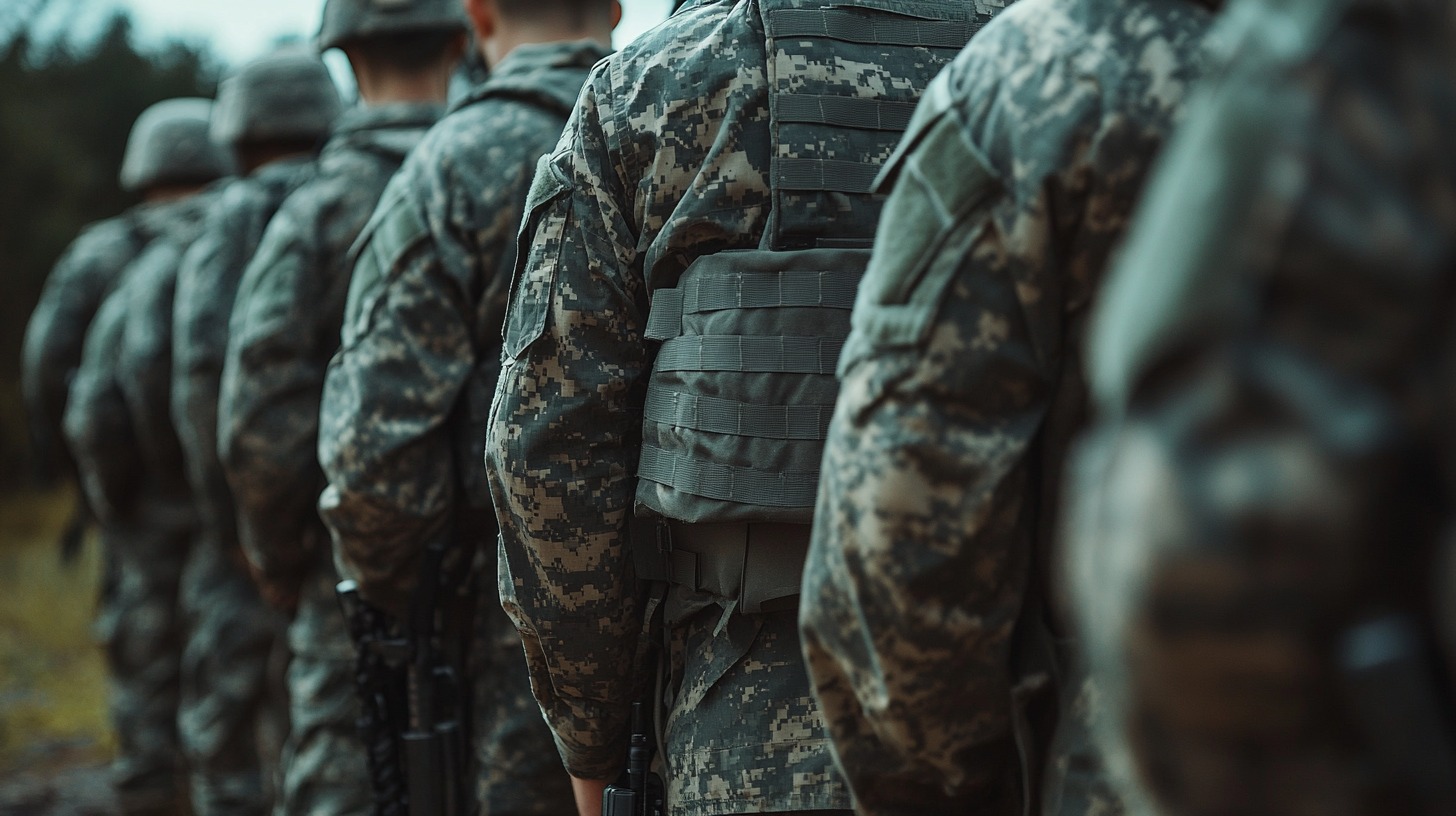
The Burden of Constant Surveillance
In military life, scrutiny extends far beyond the base, encompassing not only service members but also their families.
Every action, both online and offline, may be observed and judged, creating an environment where personal freedoms feel restricted.
The constant surveillance often leads to an underlying sense of pressure, where even small missteps can have significant consequences.
- Posts, comments, and interactions are often scrutinized by others in the community.
- A seemingly harmless opinion can be misinterpreted, leading to backlash or even disciplinary repercussions for the service member.
Unwritten Rules of Conduct consist of:
- Military families are held to high standards, often based on unspoken expectations rather than official guidelines.
- Neglecting these expectations can have far-reaching consequences, potentially jeopardizing the service member’s reputation and career.
- For instance, a casual remark taken out of context could draw unwelcome attention, leading to complications that disrupt family life.
To navigate this reality, you should do the following:
- Families must carefully navigate the fine line between maintaining personal identity and adhering to the expectations of military culture.
- Building trust within a circle of supportive peers can provide a refuge where individuals can express themselves without fear of judgment.
Coping Mechanisms and Resilience
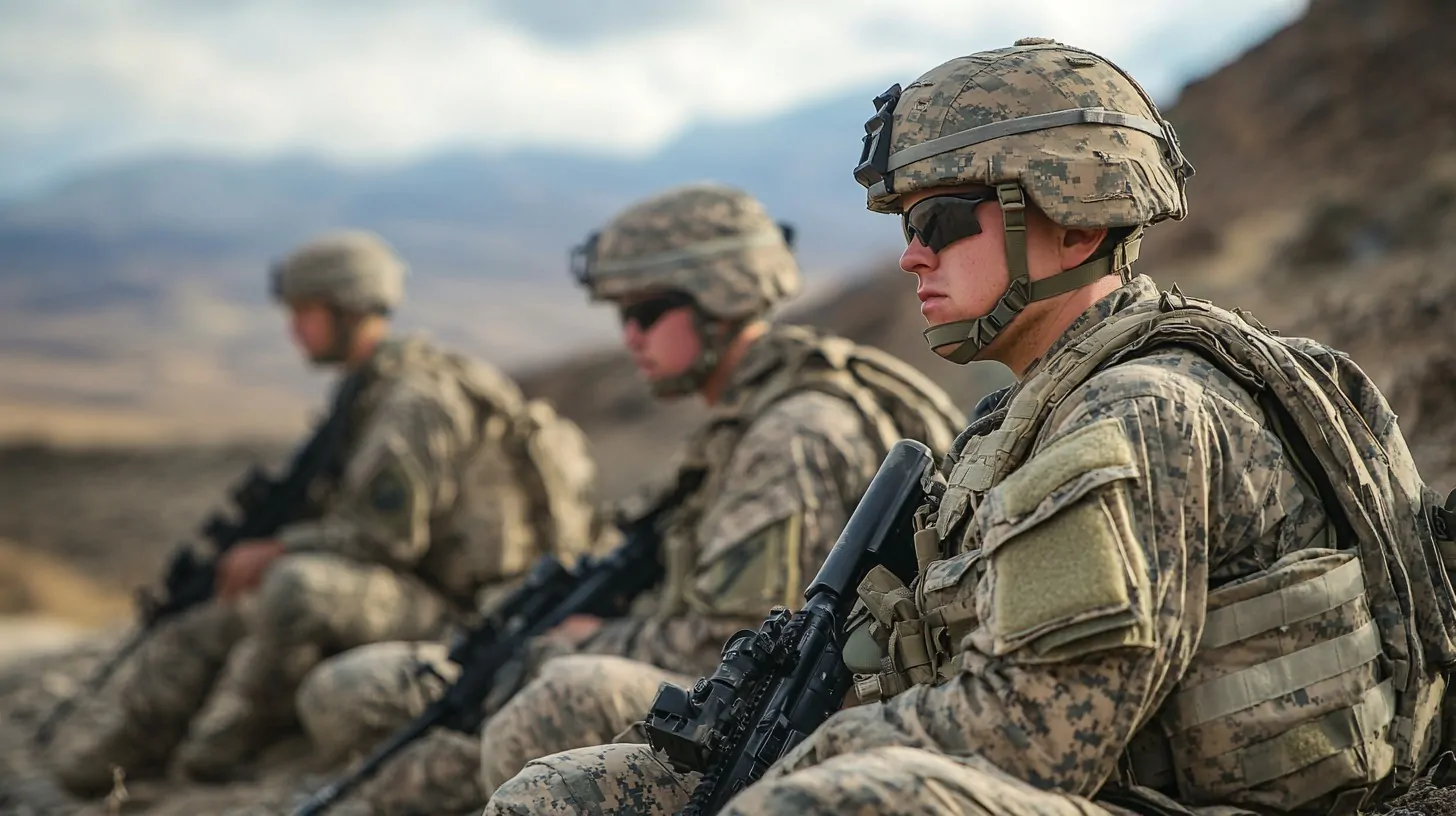
Isolation often becomes a formidable challenge for military families, especially during deployments or relocations.
The separation from loved ones, coupled with the uncertainty of when stability might return, can take a toll on emotional well-being.
Without a robust support system, these challenges can quickly escalate, making it difficult to maintain a positive outlook.
Neglecting to build meaningful connections within the community may lead to increased feelings of loneliness and detachment.
The steps to build resilience are:
| Strategy | Actions |
|---|---|
| Join Community Programs | Participate in support groups, attend events, and connect with families in similar circumstances. |
| Engage in Activities | Foster camaraderie and mutual understanding through group activities and shared experiences. |
| Leverage Support Networks | Build relationships with neighbors, local military spouses, and online communities for support. |
| Create Informal Networks | Organize childcare, errands, and social gatherings to establish a reliable local support system. |
Balancing the adherence to military customs with maintaining a sense of personal identity is another critical aspect of resilience.
Adapting to a culture steeped in tradition doesn’t mean sacrificing individuality. Families can find their space within the structure, carving out time for personal hobbies, interests, and self-expression.
The Bottom Line
Military life is a blend of tradition, unpredictability, and resilience. Beyond the structured framework lies a complex web of unspoken rules and hidden challenges.
By understanding and embracing these nuances, individuals can navigate the unique demands of military culture.
With adaptability, a strong sense of community, and proactive coping strategies, military families can thrive, finding growth and strength in the face of adversity.
Related Posts:
- Exoskeletons Explained - What They Are and How They Work?
- Retire in Comfort - What States Don't Tax Military…
- Gunshot Wound Care - What You Need to Know to Save a Life
- A Day in the Life of a Military Driver - Weighing…
- Real-Life Cases Where Police UAV Made a Difference
- Can You Have Tattoos in the Military? Rules Explained




